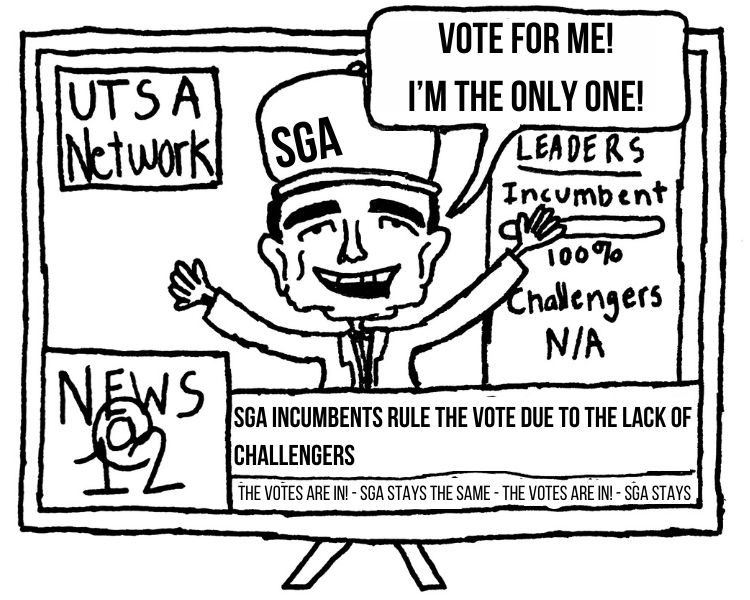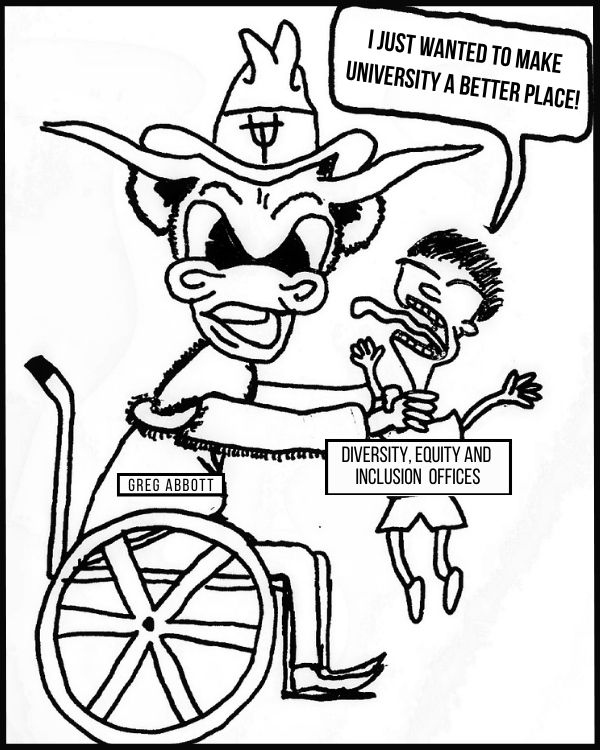In a heated school board meeting that lasted well into the night, the Katy Independent School District Board of Education voted 4-3 to pass a new policy obligating teachers to notify parents if a student requests to be referred to by pronouns other than what they were assigned at birth. This highly contentious decision by the board has teachers and community members alike concerned about the policy’s lack of clarity, and what the policy means for the role teachers will now play in the lives of students.
According to Houston Public Media (HPM), the four trustees that voted in favor of the new policy — Board President Victor Perez, Morgan Calhoun, Mary Ellen Cuzela and Amy Thieme were “supported and/or promoted during their election campaigns by Texans for Educational Freedom, a conservative political action committee that claims public school students in the state are being indoctrinated.”
The new policy would “prohibit discussions of gender fluidity in the classroom, require transgender students to use restrooms that correspond with their sex at birth, and require teachers to notify parents if a student is using pronouns different to what they were assigned at birth,” as reported by HPM.
This archaic policy will have a drastic effect on the lives of transgender students, who should have the right to confide in the people of their choosing without fear. School is supposed to be an environment that promotes growth not only academically, but as individuals. For some, school is the only place where they can express themselves, and this policy ruins the sanctity of that environment.
Unfortunately, this policy is just the latest in a growing trend of the politicization of education in Texas. As citizens, we cannot let these actions go unchecked. The job of a Board of Education is to promote the wellbeing of the students under its purview. Allowing school boards to legislate and promote partisan agendas is dangerous and detrimental to the lives of its students.




















Red Madden • Sep 7, 2023 at 11:18 am
Transgender youth and adults in Texas are being criminalized for choosing an authentic healthy life versus the alternative—certain death or self destruction. Most laws being implemented are only aimed to politicize a completely misunderstood but very real health diagnosis. This is not some mythical liberal voo doo to indoctrinate queer children, but are real lives with very critical health needs to live as a whole human! And, the symptoms begin before or during puberty. Teachers can be the first caregivers in supporting a young person’s need for acceptance.